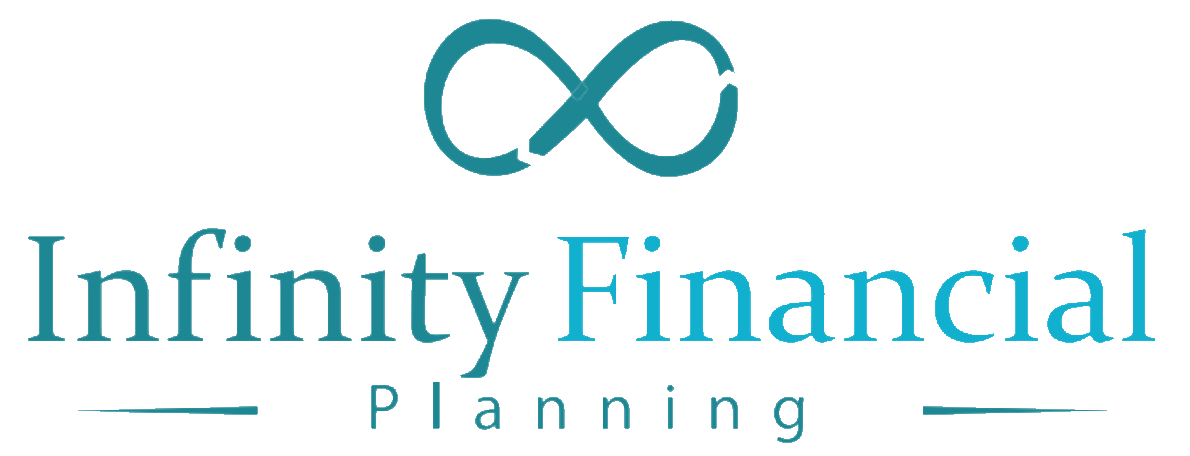Compound Interest, 8th Wonder of The World
The 8th Wonder of The World
The simple idea that should be taken seriously by every investor is the ability to earn compound interest on your savings over the coming decades.
A Simple Idea.

Compound Interest and College Fees
Let’s look at a simple example. We all want to give our kids, or even our grandkids, the best possible start in life and a good education is half the battle. However, education, particularly third level education does not come cheap. College fees may be free, but other costs certainly add up. Conservative estimates suggest annual costs vary, but begin from €10,000 to €12,000. Currently, the monthly child benefit amounts to almost €300 per month for two kids. Take the following scenario
Compound interest adds €11,544 to the value of your investment. We’ll leave you to contemplate the difference between this and the current deposit based returns, which are small fractions of 1% per annum. Simple interest would have added €1,800 over the 10 years.
Snowball Effect
Think of compounding as like a snowball rolling down a steep hill. As it gathers more snow along the way, momentum increases and the ball becomes deeper and broader as it moves forward. Compound interest is amazing but just like most things in life, there’s no free lunch. The simple truth is that it takes a long time to work. To get the rewards you have to stick with it and stay the course during good times and bad. Problems arise with the snowball if you start making withdrawals, a 10 year horizon rather than a 10 month plan is required.
Investment Plans
Focusing on trying to grow your wealth by compounding is a key element of any investment plan. The same applies with retirement plans. Just take a look at the graph below which JP Morgan Asset Management created to illustrate the power of compounding. One line shows the example of somebody starting to save at 25, let it be for retirement. This clever person that starts to save at 25 years old, accumulates circa €284,000 more in retirement funds than the person that starts at 35 years old. The 35 year old has still done well!
Investment Returns – What to Expect From Here
Perhaps you are wondering about the 5% return piece of this jigsaw. Complex investment options can give the illusion of control. Our theory is that advice doesn’t have to be complicated to be good. Equities have delivered the best investment returns for investors over the long-term. Despite various recessions, business progress has been the order of the day in developed and democratic countries. Equities, which are essentially a collection of businesses, have reflected this.
The MSCI World Index has generated 10 year annualised returns of 7%, 6% and 12% for each of the last 3 decades, respectively (see table below). In our view the easiest way to ensure that a portion of your money will compound at a consistent rate over the coming decades is to invest in a strategy that gives you exposure to world equity markets.
We help you invest in portfolios that focus on large and medium sized companies that are globally diversified. Focusing on dividends plus dividend growth is, in our opinion, the most reliable way to invest in and make money from equities over the longer term. This applies particularly in today’s extraordinary bond market environment, where so many Euro government bonds have negative yields.
Meanwhile, European investment markets remain some 35% below its March 2000 highs, while Emerging Markets equities remain some 25% below their October 2007 highs. Japan is still 45% below its 1989 peak. The world is still concerned about the current conflict in the Ukraine, global trade wars, rising tensions in Middle East, Inflation, a slowing global economy, a possible recession, slowing industrial production, earnings estimates being revised down, Increasing debt burden, etc.
We do understand these fears, but perhaps investors are too negative in their views. In summary, while we are very aware of the global issues out there. Cautious optimism is a better market view than pessimism – Just look at the investment returns below for the disciplined investors availing of the eighth wonder of the world (Albert Einstein).
Pat Leahy, Certified Financial Planner.
Want new articles before they get published?
Subscribe to our newsletter.
Get in touch or learn more about us
